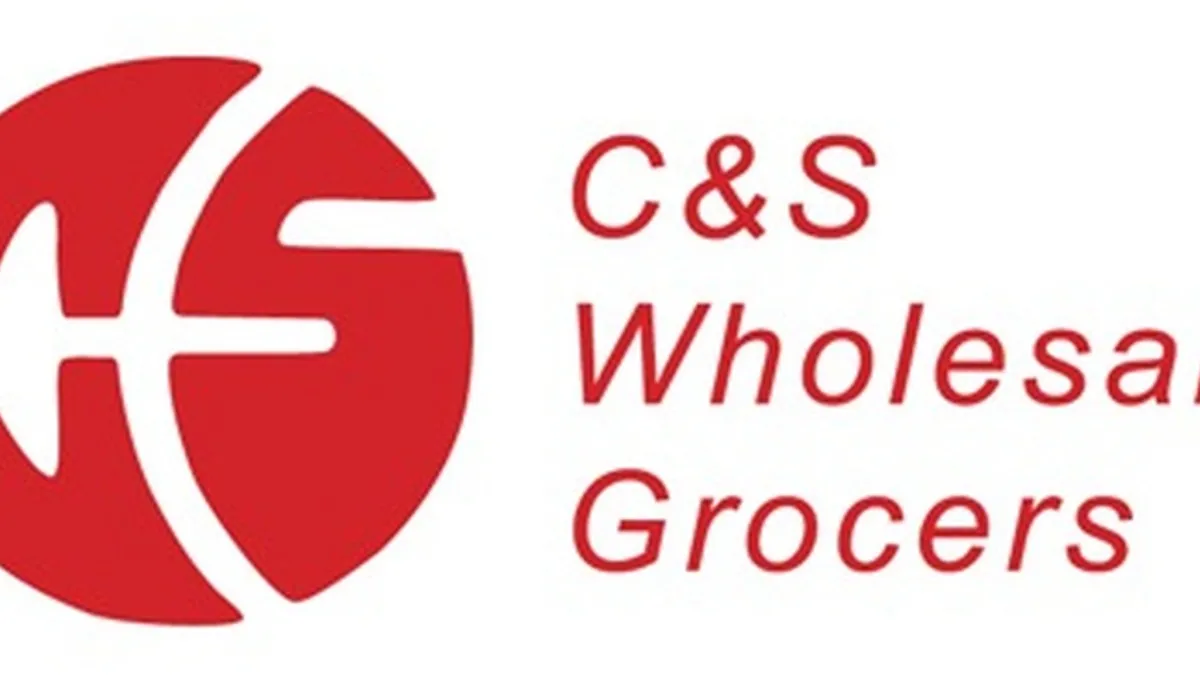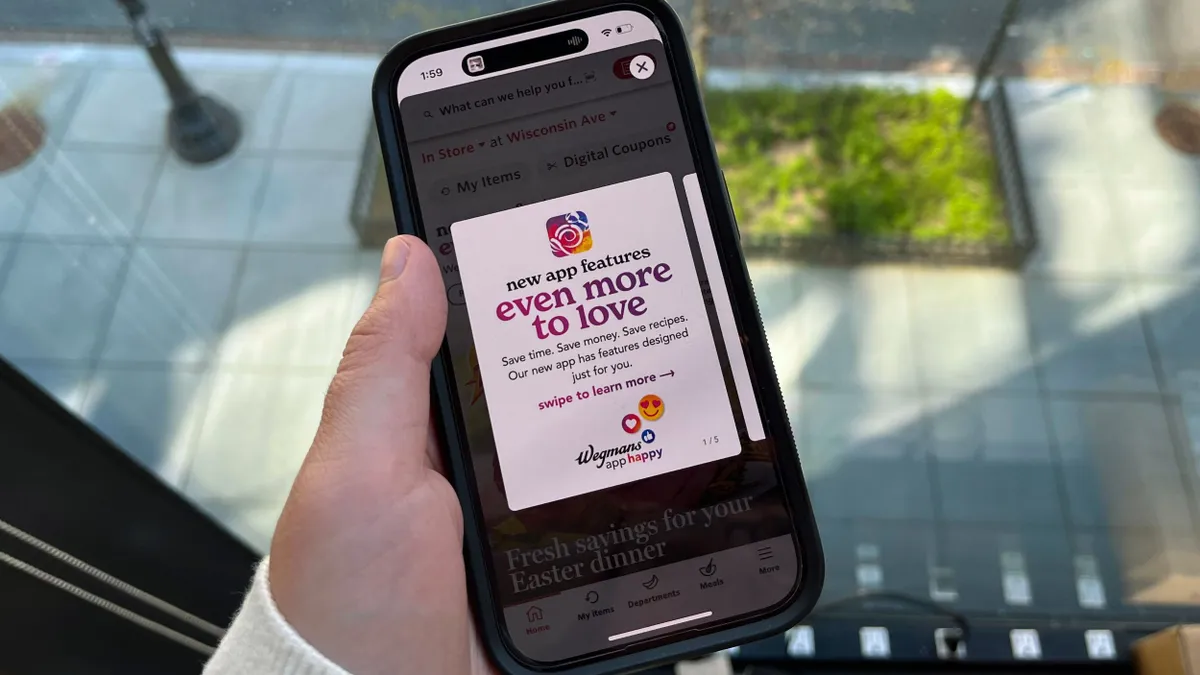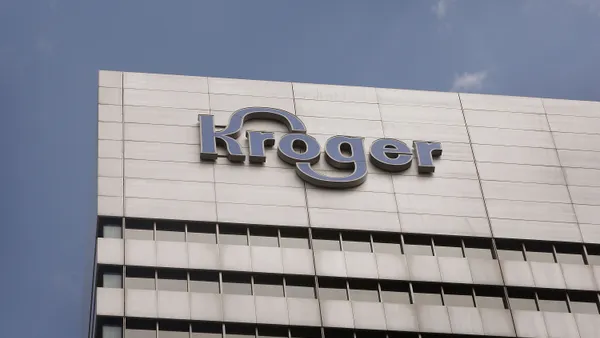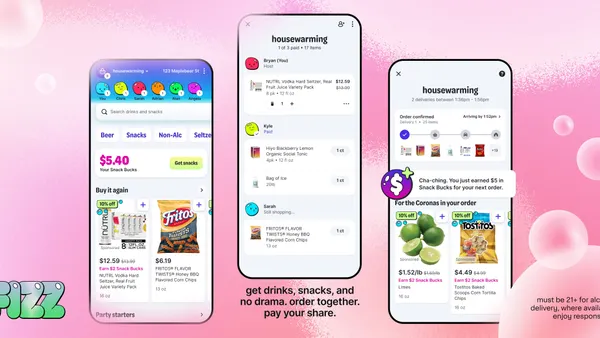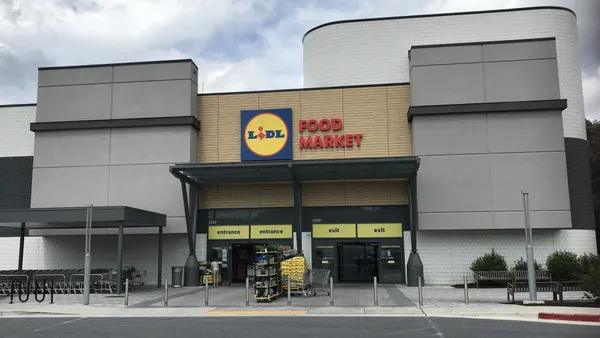Dive Brief:
- Kroger reduced food waste by 9% last year through its Zero Hunger Zero Waste initiative, the company announced in a press release. It also increased its landfill diversion rate by 13% and surpassed its goal of achieving 40% electric savings by 2020.
- The company reduced the amount of plastic resin in its private label line by 9.1 million pounds in 2018, with the goal of 10 million pounds by 2020.
- Meanwhile, Kroger subsidiary Ralphs announced a solar power installation at its distribution center in Paramount, California that will provide half of the facility's energy needs, according to a press release. The system includes more than 7,000 solar panels and is one of three major installations at Kroger facilities.
Dive Insight:
Kroger's announcement shows substantial progress for the first full year of its Zero Hunger Zero Waste initiative, a multi-million dollar effort to hit zero waste by 2020 and to achieve zero food waste by 2025. The grocer is emphasizing the reduction of single-use plastic grocery bags, increasing food donations and partnering with the World Wildlife Fund on waste-water education in schools, among other initiatives. It also established a $10 million innovation fund.
Cutting back on food waste is central to Kroger's Zero Hunger Zero Waste campaign. The company launched its own ugly produce brand last year to sell blemished or misshapen produce, and also partnered with startup Apeel to sell avocados that stay ripe twice as long as regular avocados without refrigeration or preservatives.
The pursuit of solar power has been a popular choice among grocers in recent years to cut down on high energy costs, which is the second largest expense for grocery retailers after labor. Kroger has installed solar on some of its individual grocery stores, and the company also has large installations on a Fred Meyer distribution facility in Oregon and a Smith's Food and Drug distribution center in Utah. Whole Foods, Safeway, Stop and Shop, Walmart, Target and Costco have adopted some form of solar power in recent years. Walmart is aiming to power half of its operations through renewable energy sources by 2025.
In addition to Zero Hunger Zero Waste, Kroger is competing with other environmentally-conscious retailers including Walmart, which has a detailed sustainability campaign across the globe. It announced a company-wide plastic reduction plan for private label brands earlier this year, and its Project Gigaton is designed to reduce the company's greenhouse gas emissions. Albertsons is also making progress on the sustainability front, pledging to reduce plastic packaging by 2025 and introducing eco-friendly private label products.
Companies know that consumers are increasingly interested in sustainability-driven brands, and that demand creates a financial incentive for cracking down on things like food waste, too. As eco-friendly practices and environmental consciousness become the status quo, grocers that want to keep existing customers and win new ones are going to have to invest more resources toward sustainability.



